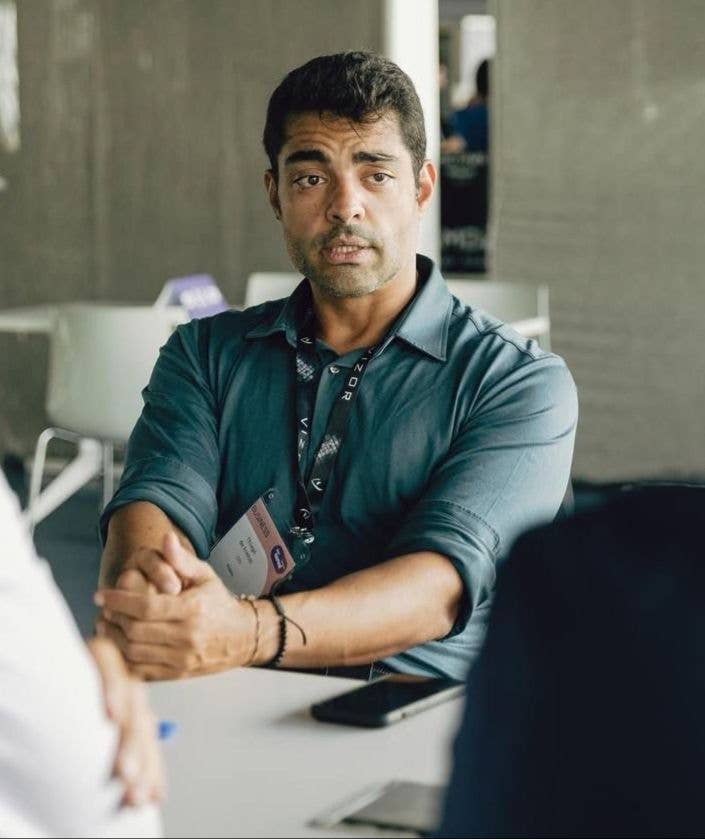How Brazil's Newly Implemented Legal Structure for Games Will Transform the Industry
The Gamescom Latam event marked a pivotal moment for the Brazilian games industry, as Carolina Caravana, vice president of Abragames, declared that 2024 will be a defining year. The cause of this shift is a new legal framework introduced in May that reclassifies video games legally, providing incentives for companies, encouraging investments, and more.
Brazilian developers are optimistic about these changes, viewing them as transformative for the industry. Abragames President Rodrigo Terra elaborates on this sentiment, likening the shift to advancing to a new level after a 'boss fight' in a video game.
Apex Brasil's Eros Silva expresses that this framework brings clarity, helping both companies and the government better understand and engage with the gaming sector. The framework legally recognizes video game companies, assigning them their own economic code, distinct from regular software companies, leading to specific tax benefits.
Rodrigo Terra notes that this change allows for a focus on games from an economic angle, a stance that countries like the UK, France, and the US adopted over a decade ago by providing hubs and tax incentives to support gaming companies.
An important distinction made by the new legislation is classifying games under 'culture,' making them eligible for cultural funding. It also differentiates video games from gambling, which could foster clearer understanding and support from investors and the public.
This framework marks the most significant progress since the Brazilian games sector was officially recognized by the government in 2003, the culmination of extensive advocacy by industry bodies and developers.
"We'll spend about two years implementing everything, but when it's finished, I think we'll have the best place in the world to start and work in a games company"
Rodrigo Terra, Abragames
Kokku founder, Thiago de Freitas, played a key role in lobbying for this change. He outlines the discrepancies between Brazil's hefty gaming expenditures and its lackluster industry revenue. The new framework is poised to ease access to crucial development equipment.
The designation of video games as an independent industry opens doors to tailored policies and incentives, allowing for better investment prospects and equipment access, thus transforming the Brazilian market.

The new tax incentives stand to strengthen the competitiveness of Brazilian studios like Kokku, which primarily rely on work-for-hire, by enabling them to offer competitive salaries and attract experienced talent.
Chris Bergstrasser from OV Entertainment, Kokku's parent company, highlights that the revision of Brazil's tax system will make the country more appealing for foreign investment.
Julianna Brito, head of Indie Hero, emphasizes how the prior lack of recognition halted foreign investment. The ability to officially register a games company under this framework could change the perception of Brazilian indies as more accessible to investors.
Brito points out that the absence of formal market data previously deterred investors. With recognition now possible, foreign entities will perceive Brazil as a viable market, facilitating greater private investment.
However, Terra warns that adopting tax incentives is complex. The Brazilian tax system presents unique challenges, yet future taxation reforms may streamline this process.

High interest rates in Brazil limit studios' abilities to secure loans, underscoring the need for government-backed funding avenues to sustain industry growth. Collaboration with the government is essential to create a conducive environment for startups while educating the next generation of gaming professionals.
As the framework takes shape, developers remain hopeful that it will help transform Brazil into a leader in the global gaming scene. The government's understanding of games as a distinct industry category could position Brazil's legislation as one of the world’s most innovative in this sector.
The implementation process commenced shortly after the framework's ratification in May, with interministerial groups being organized to execute the necessary changes. As the industry moves forward, there is expectation that diversification within the sector will increase, introducing new opportunities just on the horizon.